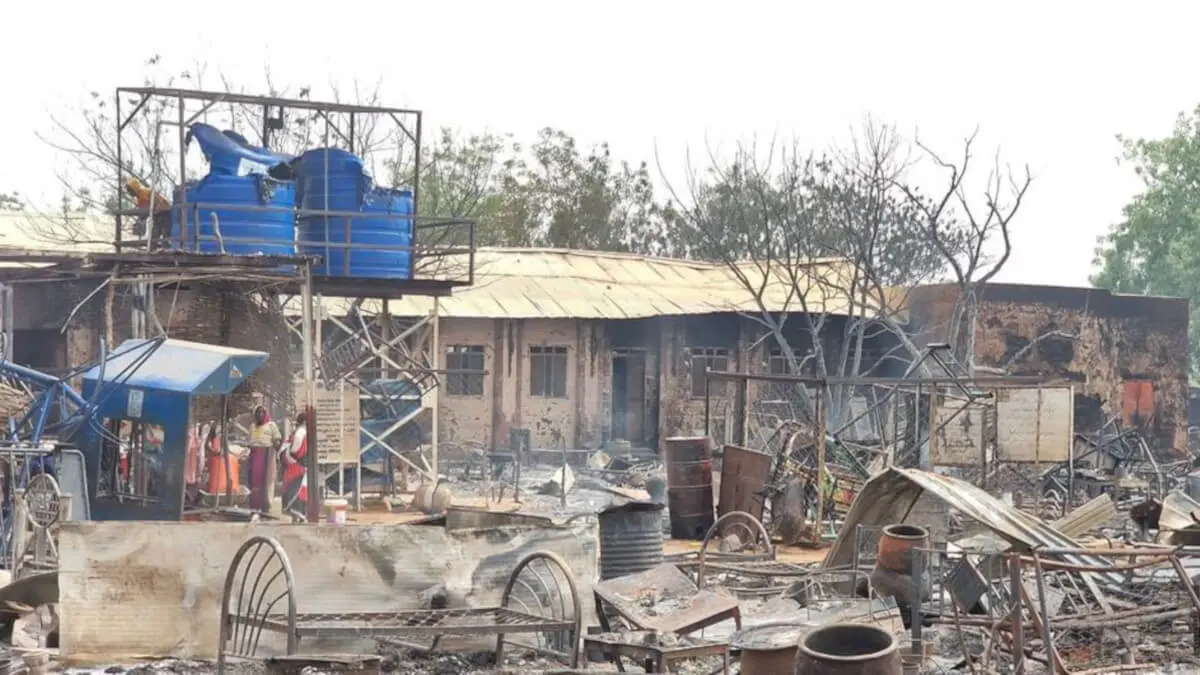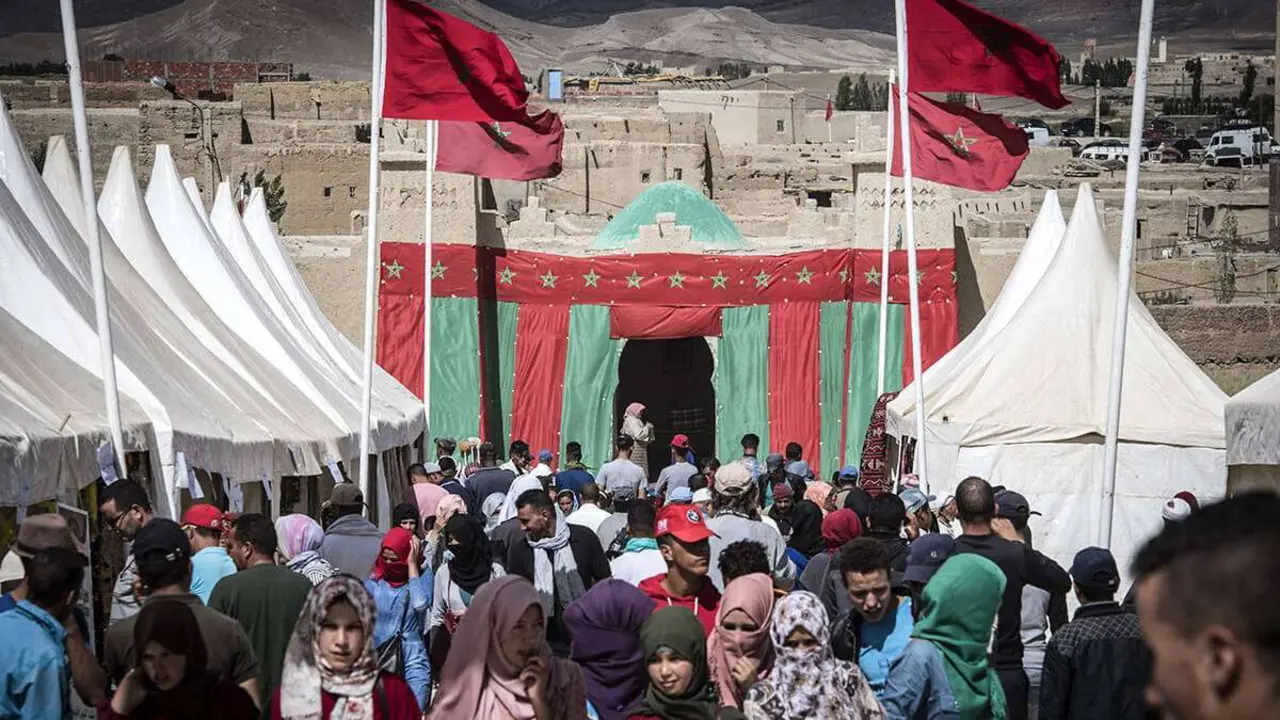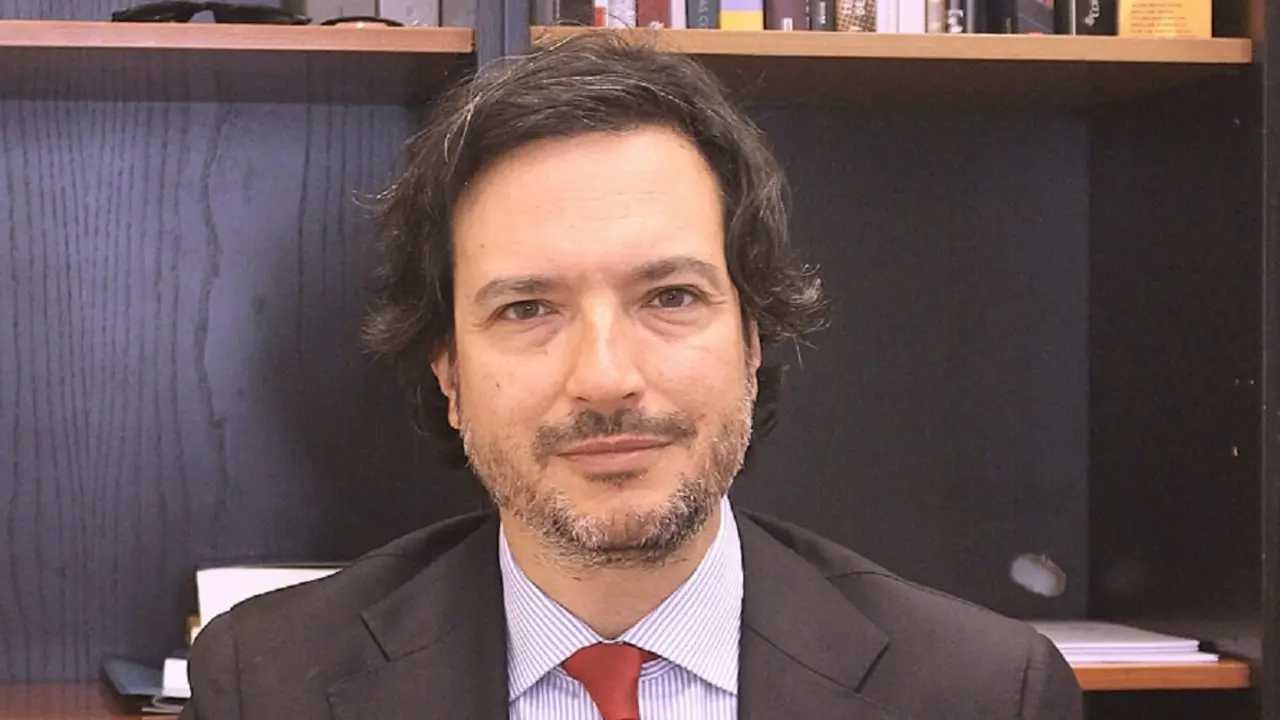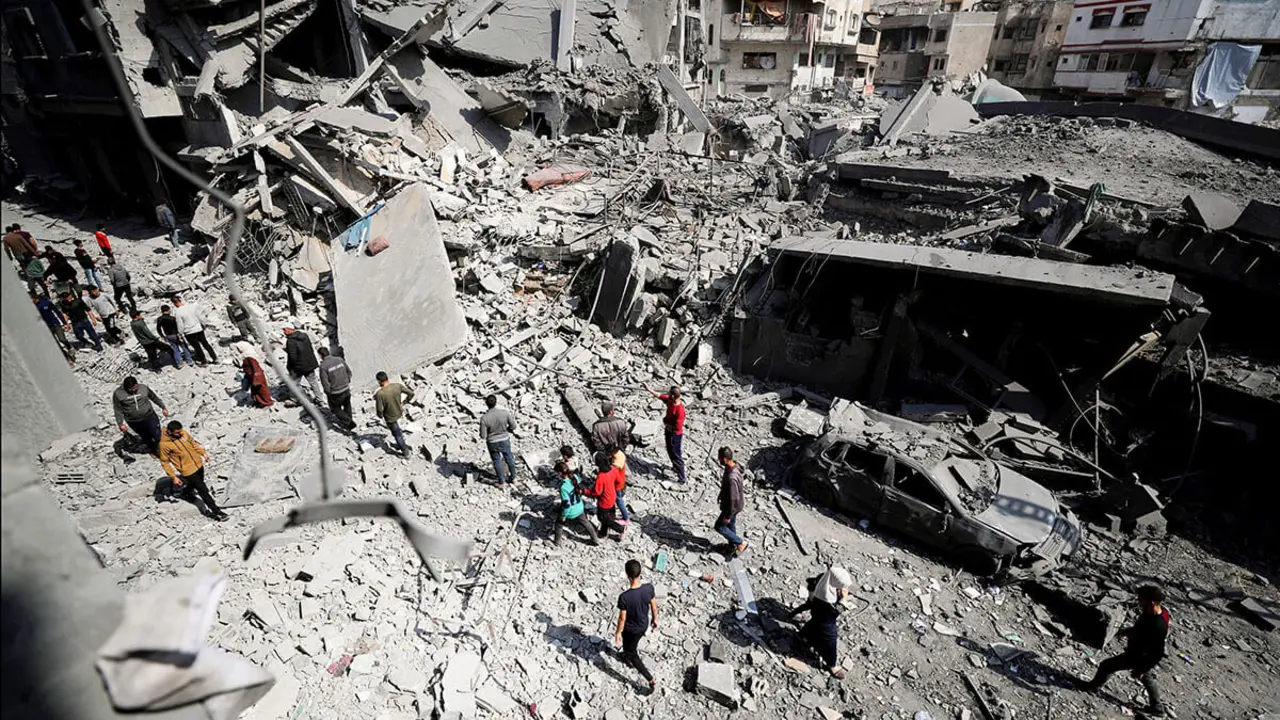UN calls for access to 18 million hungry people trapped in Sudan's war

The organisation is calling on warring parties in the country to ensure that food can be delivered quickly and safely to people caught up in the conflict. It warns that the number of hungry people has doubled since a year ago and that five million people are experiencing emergency levels of hunger.
The World Food Programme (WFP) on Friday issued an urgent appeal to Sudan's warring parties to provide immediate assurances that humanitarian food aid will safely and unimpeded reach areas of the country affected by hostilities, especially across conflict lines where displaced and starving civilians are trapped and cut off from life-saving humanitarian aid.
Despite the agency's efforts to provide food aid to millions of people across the country since the outbreak of war, nearly 18 million people currently face acute hunger.
The agency has repeatedly warned of the impending hunger catastrophe in Sudan, and that people must be able to access aid immediately to prevent the crisis from becoming a catastrophe.
In this regard, the number of hungry people has doubled since a year ago and an estimated five million people are experiencing emergency levels of hunger due to the conflict in areas such as Khartoum, Darfur and Kordofan.
WFP is the logistical pillar of the humanitarian response in Sudan and has scaled up life-saving assistance in response to the deepening crisis, reaching more than 6.5 million people since the war broke out.
To reach families in Darfur, the agency established a cross-border route from Chad, through which more than a million people have received food. Other agencies have also used the route to deliver other vital aid.
Caught in the conflict
At present, however, the agency can only regularly deliver food aid to one in 10 people facing emergency levels of hunger in the country.
These people are trapped in hotspots such as Khartoum, Darfur, Kordofan and now Gezira, and for aid to reach them, humanitarian convoys must be able to cross the front lines. Aid agencies are finding it almost impossible to cross because of security threats, forced roadblocks and demands for fees and taxes.
"The current situation in Sudan is catastrophic. Millions of people are affected by the conflict. WFP has food in Sudan, but lack of humanitarian access and other unnecessary obstacles are slowing down operations and preventing us from getting vital aid to the people who most urgently need our support," said the agency's country representative, Eddie Rowe.
A vital humanitarian centre in Gezira state, which previously provided aid to more than 800,000 people a month, was engulfed in fighting in December and a key agency warehouse was looted. Staff are trying to obtain security assurances to resume operations in the area and reach vulnerable families who are now trapped and in need of urgent food aid.
Trucks blocked in Port Sudan and El Obeid
More than half a million people fled Gezira in December. For many it was the second or third time they had been displaced in this conflict, which has triggered the world's largest displacement crisis.
However, only 40,000 of the newly displaced have so far received aid because 70 trucks - carrying enough food to feed half a million people for a month - were blocked in Port Sudan for more than two weeks in January awaiting clearances, which were only obtained last week. Distributions are now underway in Kassala, Gedaref and Blue Nile states.
Another 31 WFP trucks, which should have been making regular aid deliveries to Kordofan, Kosti and Wad Madani, have been parked empty and unable to leave El Obeid for more than three months.
"Each and every one of our trucks has to be on the road each and every day delivering food to the Sudanese people, who are traumatised and overwhelmed after more than nine months of horrific conflict. Yet vital aid is not getting to those who need it most, and we are already receiving reports of people dying of starvation," Rowe said.
"Both sides in this horrific conflict must look beyond the battlefield and allow aid organisations to operate. To do that, we need unimpeded freedom of movement, even across conflict lines, to help the people who so desperately need it right now, wherever they are," he said.








